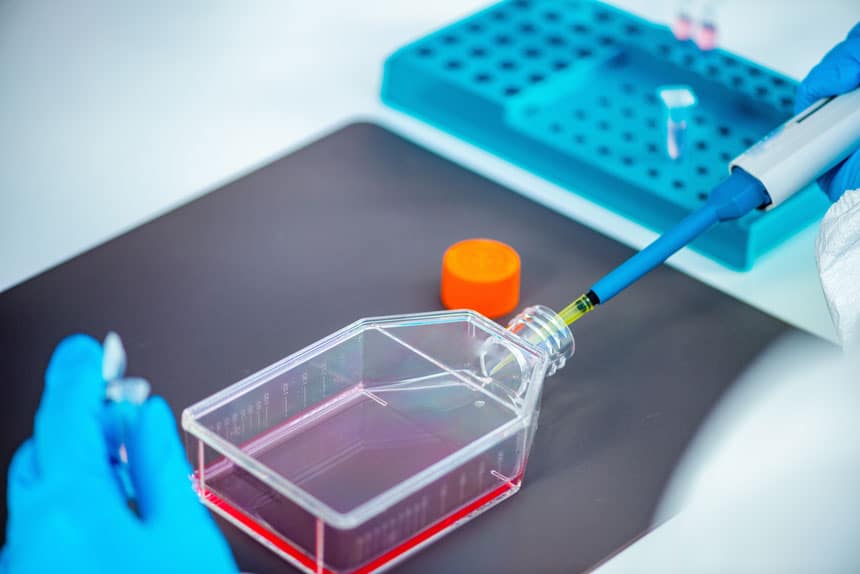So far, studies on stem cell therapy for MS show there are very few side effects and risks associated with the treatment. Using mesenchymal stem cells also reduces the chance of stem cells being rejected by the body as they are ‘undifferentiated’ cells which the body does not recognize as foreign.
At Stemwell, we also follow strict regulations set by the Secretary of Health in Colombia, using only treatments which have been tested and approved.
It’s important to remember that cell therapy for MS is an experimental approach and more research is needed to understand if the procedure is safe for everyone. Also, every patient is different and adverse reactions cannot be ruled out. Make sure to discuss any risks or concerns with your health professional before undertaking stem cell therapy.




